| Content | Topics covered. 1 Some difficulties 2 Arrangements of books 3 development of studies 4 The Elite during 3 Caliphs 5 Sacrifice and readiness 6 Ijtihad 7 Piety and decency 8 Will to change 9 Understanding Quran 10 Belief in Wilaya 11 Undertaking public responsibilities.
HEAVILY SUBSIDIZED BY WWW.ISLAMICTHOUGHT.CO.UK | Principles of good governance in the letter of Ali to al-Ashtar refers to a set of instructions and advice for rulers, reputedly addressed at Malik al-Ashtar (d. 657), the Arab military commander and an ardent supporter of Ali ibn Abi Talib (d. 661), who was the fourth Rashidun caliph (r. 656–661), the first Shia imam, and the cousin and son-in-law of the Islamic prophet Muhammad. The letter is attributed to Ali and outlines his conception of just and righteous governance, following the appointment of al-Ashtar as the new governor of Egypt circa 657 CE. Among the earliest extant records about Islamic rule, the letter has received considerable attention throughout the Muslim history as a blueprint for Islamic governance. The theme of the letter can be summarized as justice and compassion for all, regardless of class, creed, and color. Malik was killed en route to Egypt to assume his new post at the instigation of Mu'awiya, the archenemy of Ali.
HEAVILY SUBSIDIZED BY WWW.ISLAMICTHOUGHT.CO.UK | This work contains a number of speeches, articles, books, and question-and-answer sessions of the erudite professor, Haḍrat Ayatullah Muhammad Taqi Misbah Yazdi (may his sublime presence endure), which have been compiled, edited and published by the author on the subject of Wilayat al-Faqih. We believe that in the current status of our society, wilayat al-faqih constitutes the central pillar of Islam, and its safety contributes to the splendor of Islam and Islamic laws and values in the society. As such, we have decided to elucidate this theory, support it academically and logically, and enlighten the general public, particularly the young generation of our country who probably know very little about this theory and its ramifications, and thus discharge a small part of our religious duty. Likewise, we have tried to deal with all the aspects of this theory to address the subjects which we find significant and controversial. However, things like the brevity of content and the readers’ patience and the time that they have been taken into account as far as possible.
HEAVILY SUBSIDIZED BY WWW.ISLAMICTHOUGHT.CO.UK | This book contains word searches in following topics. 1Naflah 2 Qasr 3 Ghusl 4 Mayyit 5 Salaatjamaat 6 Sakaraat 6 Afterdeath 7 Ehkame 8 Hunoot 9 Kafan 10 Quboor 11 Barzakh 12 Grave 13 Squeezing 14 Ijara 15 Walidan
HEAVILY SUBSIDIZED BY WWW.ISLAMICTHOUGHT.CO.UK
| This book addresses issues on the status and standing of women, their social, political, and cultural activities, housewifery, art, freedom, lifestyle, natural and acquired rights, and other issues from Islamic point of view.
According to Islam, women and men alike possess the lofty status of humanity because they are both equally human.
The fact that noble Adam ('a) was able to understand the Names and explain them was due to his unique genesis as a human and men and women are equal in this genesis. In general, all extolments in the Quran and Hadith regarding humans encompass both women and men. There is no verse in the Quran that reproaches women for being women.
Therefore, according to Islam and the Quran, men and women are equally human, they are no different in worth, and they possess common responsibilities in managing the society.
HEAVILY SUBSIDIZED BY WWW.ISLAMICTHOUGHT.CO.UK | This book will take to an advance level spirituality by the great master "Alamah Sayyid Muhammad Husayn Tabatabai" want to get high on level self purification then this book is ideal. This text presents a series of twenty-one discourses related to the spirituality of Shi'ism and various key interesting topics in Islam.
Heavily subsidized by www.islamicthought.co.uk |

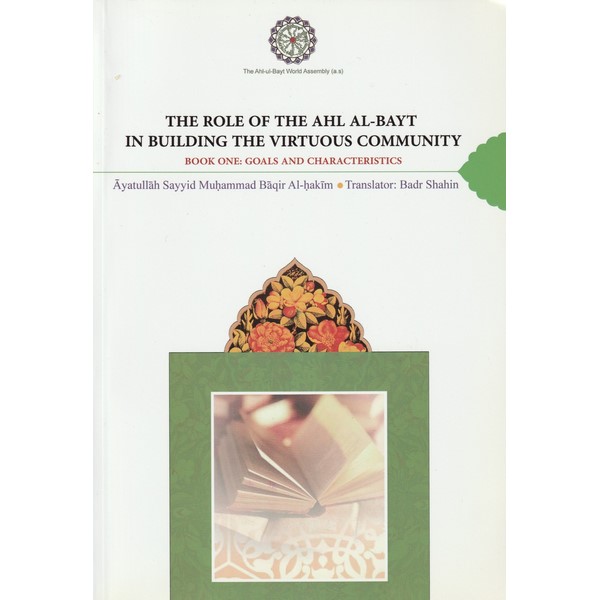
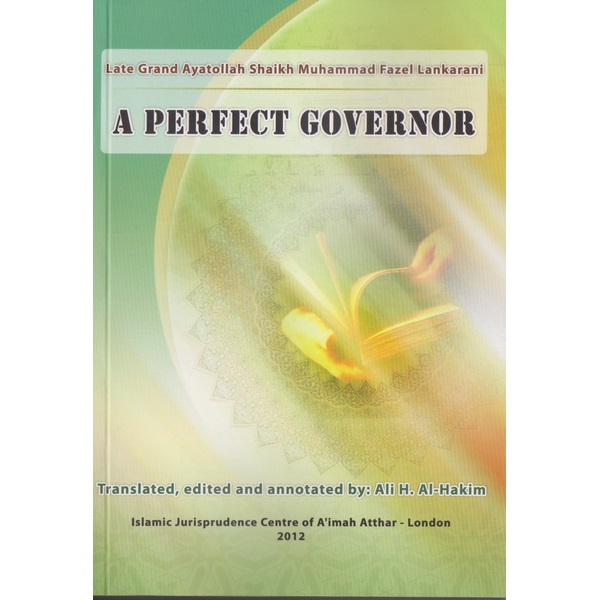
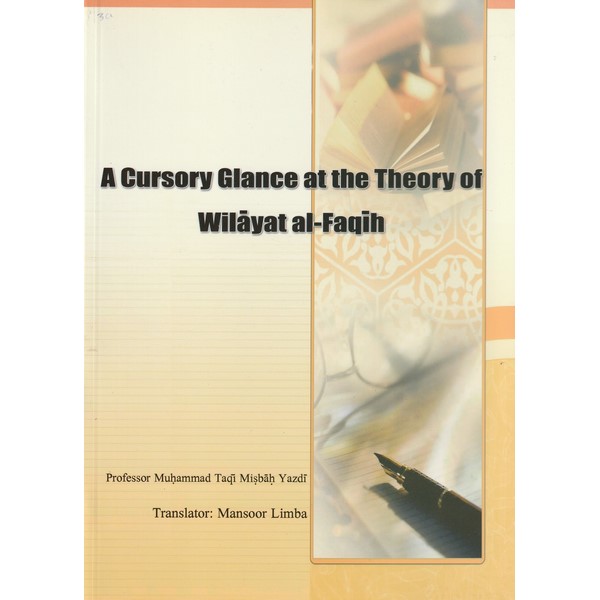

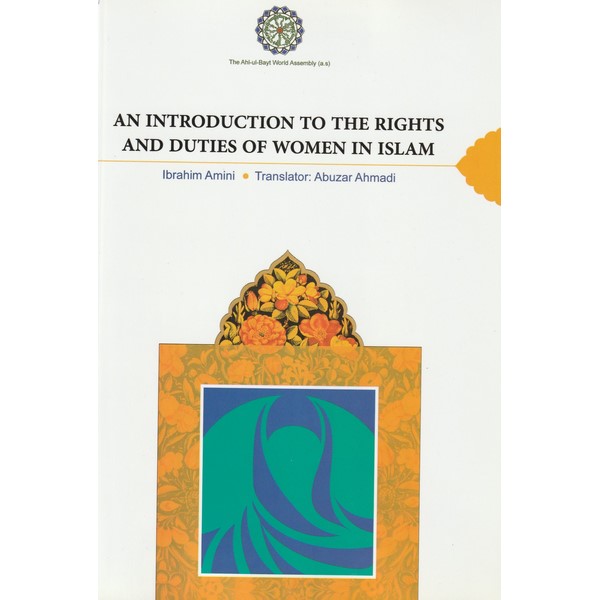
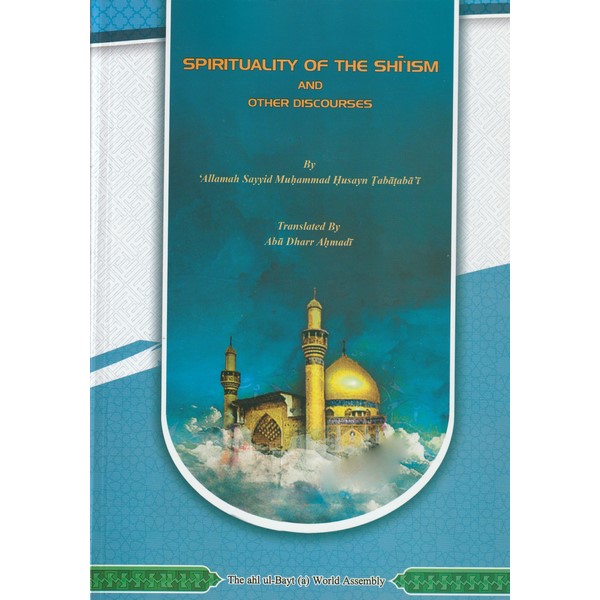
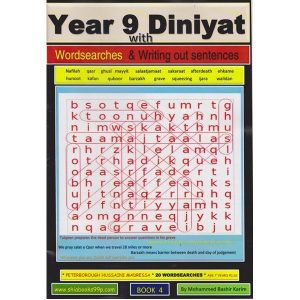



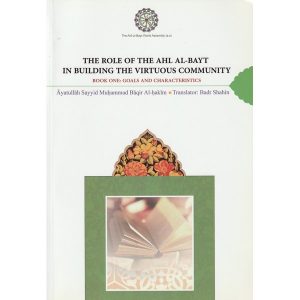
Reviews
There are no reviews yet.